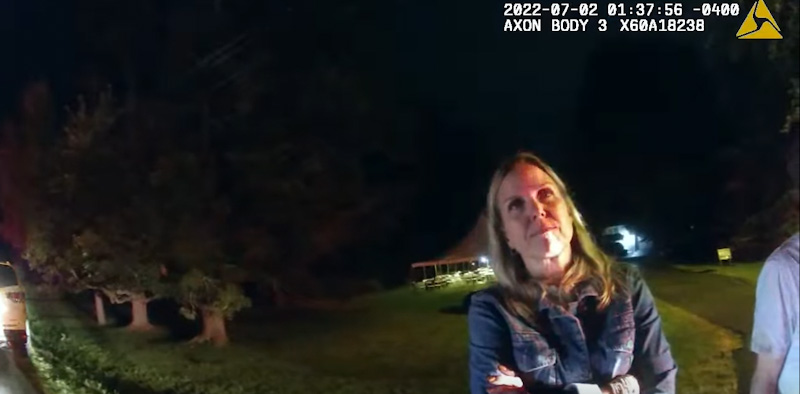'Internet of things' panel has a thing about security
All of the panelists at the session “Knock Knock. Who’s There? The Internet of Things” had a favorite internet-connected device that made their lives a bit easier. Those favorites included wearable step counters, home-security devices and “smart cars” that permit them to lock their automobile remotely or check their spouse’s commute.But the panelists for the CLE discussion, sponsored by the Section of Litigation, also had a lot of warnings about the security and liability issues created by the growth in internet-connected devices.
Professor Gary Marchant of the Sandra Day O’Connor College of Law at Arizona State University moderated the panel. He started it off with a definition of “the internet of things”: consumer products that connect, store or transmit information to one another and to people.
The Brookings Institution predicts exponential growth in the number of those devices in the near future, Marchant said. But the most exciting thing to technologists, according to Marchant, is the connections between those devices. With a “smart” refrigerator, he said, you easily could track how soon that you might run out of a staple—and maybe even order more to be delivered to your home. But that kind of setup also raises the possibility of “someone hacking your fridge and delivering 10,000 gallons of ice cream.”
Laura Berger, an attorney for the Privacy and Identity Protection Division of the Federal Trade Commission, said consumer education is part of the answer. At the FTC, one thing regulators examine is whether information is being used in a way that consumers expect—and if not, whether the company has disclosed that in a clear, conspicuous way.
Devika Kornbacher, a partner at Vinson & Elkins in Houston, added that the technology industry should come up with a standard. Her clients want to know what they can do to avoid litigation. Adherence to a standard is one way, but the industry still is young enough that it’s not clear what that standard should be.
Despite the destructive potential of the internet of things, Robert E. Anderson Jr. of Navigant Consulting thinks there’s no turning back.
“Technology is moving so quickly that there’s a cost to liberty,” he said. “The reality is that we’re so interconnected that it’ll never go back to the way it used to be.”



